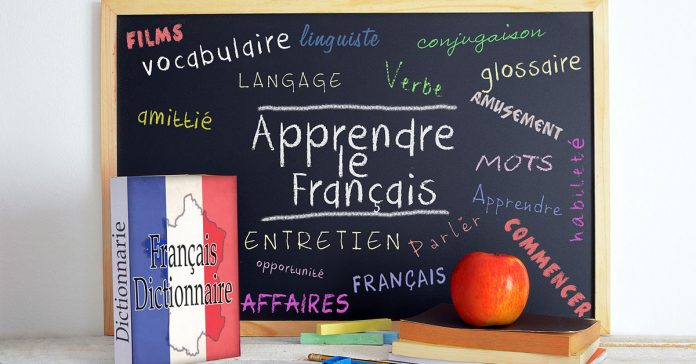Do you wish you could sing La vie en rose in French? Do you perhaps wish you knew what phrases such as “la plume de ma tante” mean? Or maybe you just fancy moving to the French Riviera for a year and mingling with the locals. If so, you need to learn French. But just how hard is it to learn French?
Our expert linguists are on hadn’t to guide you through the easy bits while pointing out any potential trapdoors you want to avoid while getting to grips with one of the world’s most popular languages. These are just some of the great French language-learning resources available on this site.
The Easy Bits
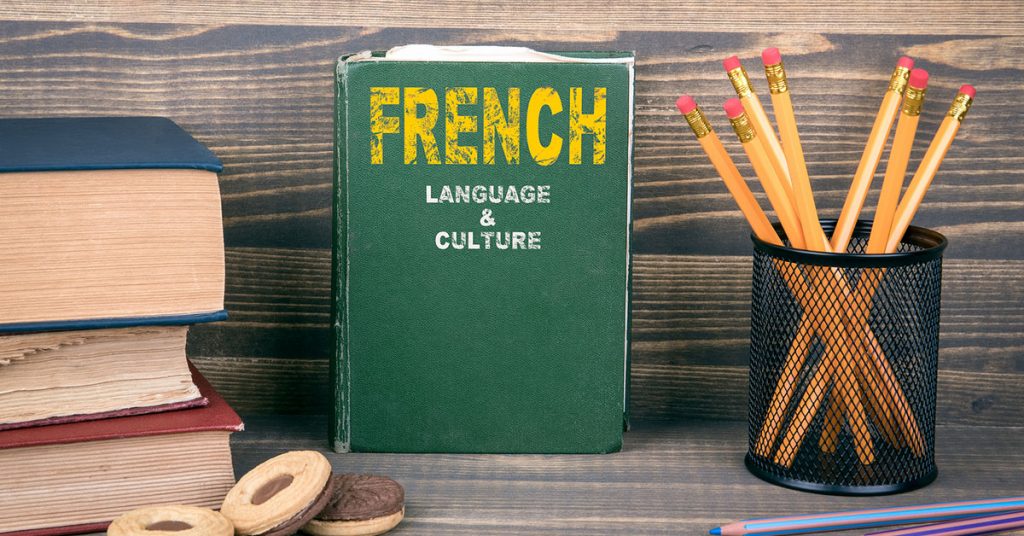
English speakers actually speak more French than they realise. This is all down to linguistic influences. See, French (and Latin) have both had a pretty big influence on the English language. As a result, we have a huge amount of words in common. In fact, estimates suggest that 45% of English derives from French, which equates to 80,000 words.
That means you already know 80,000 French words (kinda). Mind. Blown.
For example, if I said something to you like “the avant-garde exhibition about European literature was one of the most fantastic things I’ve ever seen! I also enjoyed stopping by the museum cafe afterwards for some magnificent croissants!” would you be able to spot the words that mean the exact same thing in French? Because I’ll tell you now – there are quite a lot of them! The truth is that English speakers use French words a lot. We use them when we’re talking about culture, politics, architecture, music, colour, art, science and so on.

That said, there are both false and true cognates (words that mean the same thing in different languages). Two words can be similar but there’ll be slight variations in the meaning. For example, monnaie might look like “money” but it actually means loose change. Similar – but different.
The Tougher Bits
The thing with French is that, yes, it’s a language like English is a language. But it’s pronounced differently. Moreover, when you first encounter a native French person speaking, it’s easy to feel overwhelmed because of how fast they’re talking. Maybe you’ll go to a bar and ask for a drink, only for the bartender to hit you with a volley of words that you simply can’t comprehend. All you wanted was a wine and he’s reeling off the many different types they have without pausing for breath!
So how do we pronounce French words?
The most common thing Brits do is they repeat what the person talking to them just said. However, that can cause you to come across a bit rude so a better tactic is to work on your pronunciation before you enter a bar or restaurant. Because – really – it’s not that difficult.
Another thing you can do is expose yourself to more French. This is really easy to do because the French have made so many films and TV shows that they’re literally everywhere. They’re pretty good, too. Ever heard of French New Wave cinema? These sixties movies are some of the coolest, chicest films ever made. You could stream a couple and stick the subtitles on. Same with TV shows.
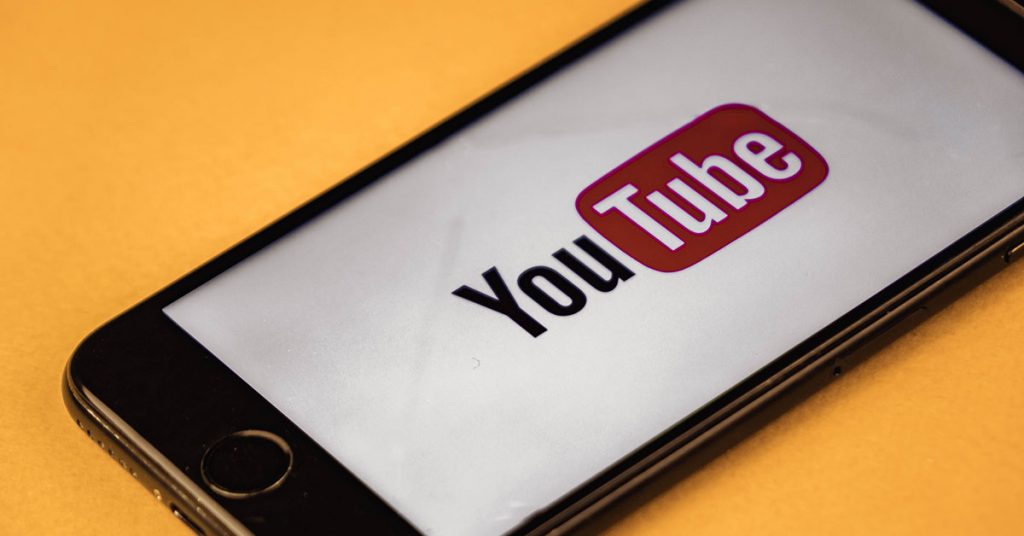
You could also tune into more podcasts, download more French songs (or listen to them on YouTube), as well as listen to more French radio stations/shows. This will all help you adjust to the cadences, melodies and the speed of French. If, however, you’re struggling to get to grips with the speed of French and simply cannot keep up, you could tune into Swiss-French podcasts and radio stations as the Swiss are well-known for speaking French slower.
Femme Fatale
Aa you can now see, we share a lot of our vocabulary with the French language. However, the pronunciation is different, so you’ll need to master that. Also, unlike English, French nouns have grammatical genders. In other words, a French noun is either feminine or masculine. Yep, you read that right! How come? We’re not sure. Probably because the French want to make our life as tricky as possible!
Don’t be discouraged, though. Once you’re into the swing of things, you’ll soon master the gender each time you learn the word, and once you’ve learned it once, it’s nigh on impossible to forget. It’s also important to point out that adjectives always have to agree with a nouns gender.
The Importance of Conjugation
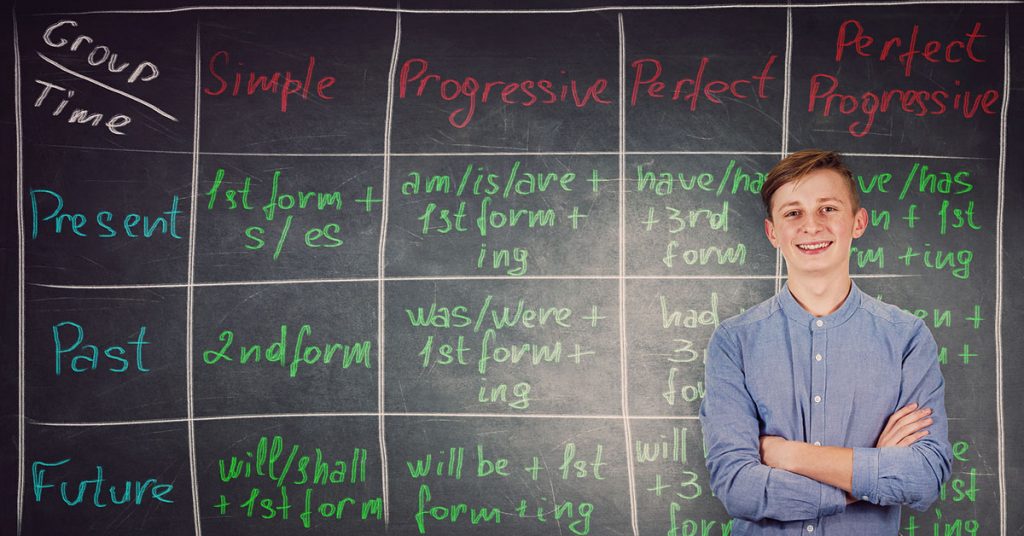
Verb conjugation is the bit many beginner language learners dread. And one of the problems with French is that it has many, many tenses.
On the brighter side, most of these tenses are rarely used in written form. In spoken French, meanwhile, things are even easier because conjugated forms usually sound very similar (if not exactly the same).
For example, danser is the present tense of “to dance.” The verb forms in either ils dansent, il danse, tu danses or je danse are often pronounced the same. There’s very little difference and if you focus on these kinds of patterns, you’ll be well on your way.
So … How Long Does It Take To Learn French?
Unfortunately, everyone learns at their own pace, so there’s no fixed time for when you will master the French language. However, what you will need are time and patience (much more than a week!) and how long it takes you will depend on a few things. If you commit to this task and work on your French every single day, you will get there a lot faster than if you practised once or twice a week. If you moved out to France and immersed yourself in the culture, you’ll get there even quicker.
But, look, Rome wasn’t built in a day and to be truly fluent will probably take you a few years, rather than months. Don’t be discouraged, though, because there’s magic in progress. Make sure to set yourself small goals that tie into bigger goals, and take notes each week so that you can see how you’re progressing. When we can see ourselves getting better at something, we’re more motivated to stay the course.
Lastly, What Does “La Plume de Ma Tante” Mean?
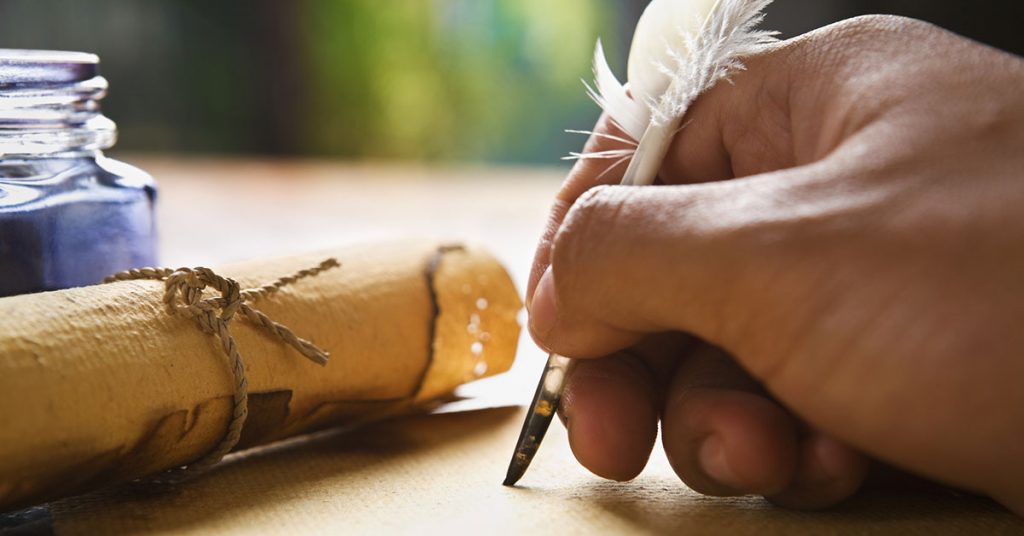
If you’ve ever watched the popular British sitcom Only Fools and Horses, you’ll have heard Del Boy using this famous French phrase (incorrectly). But what does it actually mean?
It means – quite literally – “the quill of my aunt” (or the “pen of my aunt” if we’re being modern). French resistance fighters used it as a secret greeting in the second world war, and it was also the title of a celebrated musical comedy of the fifties that satirised French society.
And, look – you’ve just learned your first French phrase! Go you.

